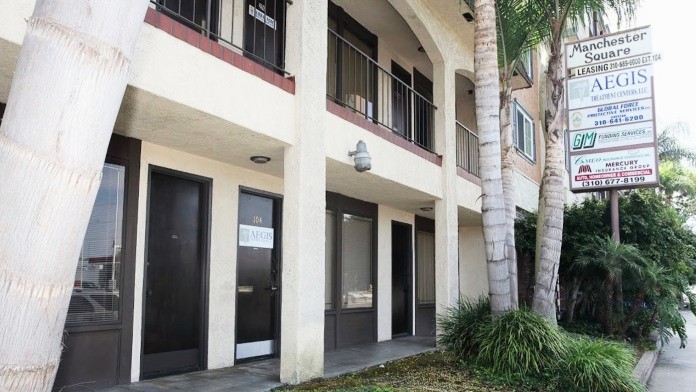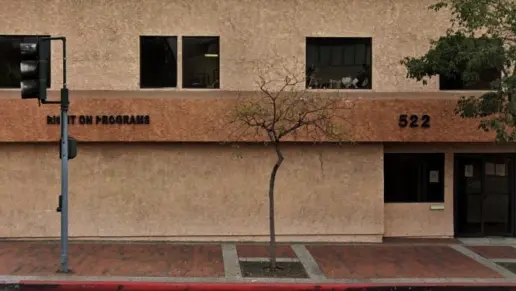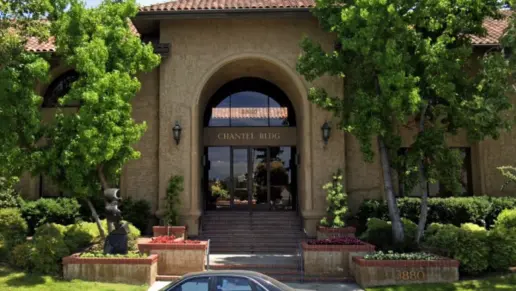About AEGIS Treatment Centers – Inglewood
AEGIS Treatment Centers - Inglewood offers outpatient opioid drug rehab services and medication-assisted treatment (MAT) for adults in Inglewood, California. They offer specific programs based on gender and culture, as well as targeted services for pregnant women.
Outpatient treatment services include assessments, individual and group counseling, education on the impact of substance use, and peer-based support. They also offer psychoeducational programming, life skills training, case management, and relapse prevention. Approaches include cognitive behavioral therapy (CBT), motivational interviewing (MI), and holistic options such as mindfulness and relaxation techniques.
MAT is a research-based program designed to help those struggling with opioid use achieve long-term sobriety. It includes the long-term use of FDA-approved medications to reduce cravings and decrease the risk of relapse. Medications used at AEGIS Treatment Centers include buprenorphine (Suboxone) and methadone.
AEGIS Treatment Centers – Inglewood accepts a variety of insurance plans, including Medi-Cal, Medicare, HealthNet, Cigna, Blue Cross Blue Shield, United Healthcare, TRICARE, and Magellan. Different insurance plans have different coverage details, so be sure to check with your insurer to get full information regarding out-of-network benefits.
Latest Reviews
Rehab Score
Gallery

Location
Accepted Insurance





Other Forms of Payment
Self-pay involves paying for treatment out of your own pocket. You can use savings or credit, get a personal loan, or receive help from family and friends to fund your treatment. If you don't have insurance or your insurance plan doesn't cover a specific program, self-pay can help ensure you still get the care you need.
Military members, veterans, and eligible dependents have access to specific insurance programs that help them get the care they need. TRICARE and VA insurance can help you access low cost or no cost addiction and mental health treatment. Programs that accept military insurance often have targeted treatment focused on the unique challenges military members, veterans, and their families face.
Private insurance refers to any kind of healthcare coverage that isn't from the state or federal government. This includes individual and family plans offered by an employer or purchased from the Insurance Marketplace. Every plan will have different requirements and out of pocket costs so be sure to get the full details before you start treatment.
Addiction Treatments
Levels of Care
Treatments
The goal of treatment for alcoholism is abstinence. Those with poor social support, poor motivation, or psychiatric disorders tend to relapse within a few years of treatment. For these people, success is measured by longer periods of abstinence, reduced use of alcohol, better health, and improved social functioning. Recovery and Maintenance are usually based on 12 step programs and AA meetings.
Drug rehab in California teaches participants constructive ways to stay clean and sober. Treatment revolves around helping individuals stop using the substance they are addicted to and learn healthy habits to avoid relapse.
Opioid rehabs specialize in supporting those recovering from opioid addiction. They treat those suffering from addiction to illegal opioids like heroin, as well as prescription drugs like oxycodone. These centers typically combine both physical as well as mental and emotional support to help stop addiction. Physical support often includes medical detox and subsequent medical support (including medication), and mental support includes in-depth therapy to address the underlying causes of addiction.
Substance rehabs focus on helping individuals recover from substance abuse, including alcohol and drug addiction (both illegal and prescription drugs). They often include the opportunity to engage in both individual as well as group therapy.
Programs


Clinical Services
Research clearly demonstrates that recovery is far more successful and sustainable when loved ones like family members participate in rehab and substance abuse treatment. Genetic factors may be at play when it comes to drug and alcohol addiction, as well as mental health issues. Family dynamics often play a critical role in addiction triggers, and if properly educated, family members can be a strong source of support when it comes to rehabilitation.
Group therapy is any therapeutic work that happens in a group (not one-on-one). There are a number of different group therapy modalities, including support groups, experiential therapy, psycho-education, and more. Group therapy involves treatment as well as processing interaction between group members.
In individual therapy, a patient meets one-on-one with a trained psychologist or counselor. Therapy is a pivotal part of effective substance abuse treatment, as it often covers root causes of addiction, including challenges faced by the patient in their social, family, and work/school life.
Amenities
-
Private Setting
Contact Information
614 West Manchester Boulevard
Suite 104
Inglewood, CA 90301
















